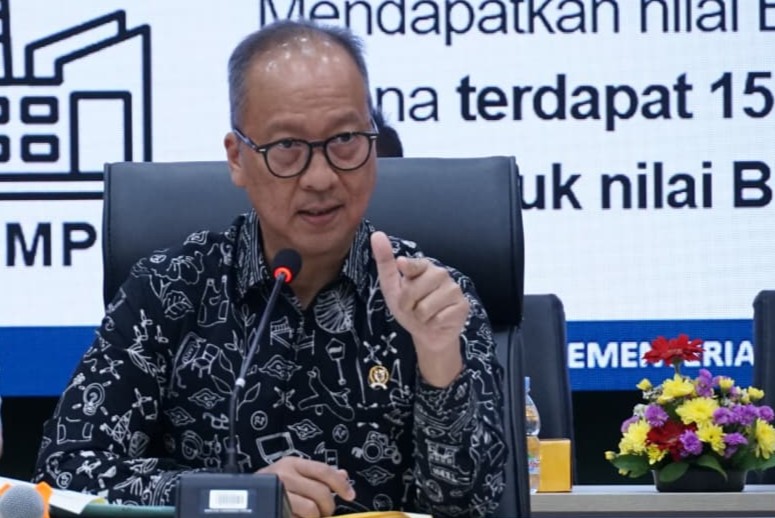The Ministry of Industry (Kemenperin) has announced a comprehensive evaluation and reform of the Domestic Component Level (TKDN) policy. This move comes after 400 economists from the Indonesian Economic Alliance urged the government to ease TKDN rules, especially in sectors lacking quality local suppliers.
The alliance argued that the rigid TKDN policy raises production costs, lowers product quality, and weakens Indonesia’s competitiveness globally. They also warned the policy may encourage corruption and harm Indonesia’s trade relations.
Febri, a spokesperson for Kemenperin, stated on Wednesday (September 10) that reforms were based on feedback from the public, industries, investors, and economists. “Minister Agus Gumiwang Kartasmita and the ministry team have reviewed and reformed TKDN policy to better support local industries, especially small and medium enterprises (SMEs).”
Faster and Easier TKDN Certification with New Incentives
The reform simplifies TKDN scoring, making certification faster and cheaper. While the old process could take over 20 working days, the new system completes certification in 10 days. For small industries, certification can be done in just three days using a self-declare mechanism.
Additional incentives include a minimum 25% TKDN value for companies investing locally and employing local workers, and a 20% bonus for firms conducting research and development.
“TKDN scoring is no longer a mere administrative task but a reward system to encourage innovation and investment,” Febri added.
Special Support for Small and Medium Enterprises (SMEs)
Kemenperin focuses on helping SMEs by offering easier certification through self-declare, with low costs and minimal bureaucracy.
“SMEs can now quickly get TKDN certification and even achieve over 40% TKDN value without complex procedures,” Febri explained. Transparency is improved by including TKDN values on product labels and packaging, helping consumers and government agencies verify product competitiveness and compliance.
Sectoral TKDN Rules and Investor Perspectives
Regarding sector-specific TKDN policies, Kemenperin only regulates the calculation and fulfillment methods based on thresholds set by other ministries or agencies. The rules adjust to meet industrial and investor needs.
Febri noted that foreign investors, especially those without production facilities in Indonesia, support maintaining sectoral TKDN policies because they help them compete in the domestic market.
The ministry also addressed problems such as high certification costs, short validity periods, and fraudulent practices like TKDN washing. Certification is now valid for five years with stricter supervision by a team under the Inspectorate General.
TKDN Logo Now Optional, Certification Remains Mandatory
Industry Minister Agus Gumiwang Kartasasmita clarified on Friday (September 12) that displaying the TKDN logo on products is optional. This is regulated in Ministerial Regulation No. 35 of 2025 on TKDN certification procedures.
“Businesses with TKDN certificates may choose to display the TKDN mark, but it is not mandatory,” Agus said. This flexibility allows companies to decide marketing strategies freely.
However, TKDN values must still be transparently listed in official certificates and the government’s product inventory database.
“This approach supports business climate flexibility while ensuring certification is transparent, credible, and accountable,” Agus concluded.
PHOTO: KEMENPERIN
This article was created with AI assistance.
Read More






 Saturday, 31-01-26
Saturday, 31-01-26







